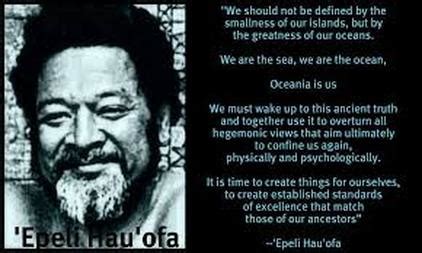A Quote by Ian C. Esslemont
When you do not recognize the wrongs of the past, the future takes its revenge. -Author forgotten
Related Quotes
I can't tell you what art does and how it does it, but I know that often art has judged the judges, pleaded revenge to the innocent and shown to the future what the past suffered, so that it has never been forgotten. Art, when it functions like this, becomes a meeting-place of the invisible, the irreducible, the enduring, guts, and honor.
As nations we should also commit afresh to righting past wrongs. In Australia we began this recently with the first Australians - the oldest continuing culture in human history. On behalf of the Australian Parliament, this year I offered an apology to indigenous Australians for the wrongs they had suffered in the past.
That the past is ahead, in front of us, is a conception of time that helps us retain our memories and to be aware of its presents. What is behind us [the future] cannot be seen and is liable to be forgotten readily. What is ahead of us [the past] cannot be forgotten so readily or ignored, for it is in front of our minds' eyes, always reminding us of its presence. The past is alive in us, so in more than a metaphorical sense the dead are alive - we are our history.
We believe that the possibility of the future far exceeds the accomplishment of the past. We review the past with the common sense, but we anticipate the future with transcendental senses. In our sanest moments we find ourselves naturally expecting or prepared for far greater changes than any which we have experienced within the period of distinct memory, only to be paralleled by experiences which are forgotten.
I think everyone makes a mistake at least once in their life. The important thing is what you learn from it. That's why I have problems with our Pashtunwali code. We are supposed to take revenge for wrongs done to us, but where does that end? If a man in one family is killed or hurt by another man, revenge must be exacted to restore nang (honor).





































